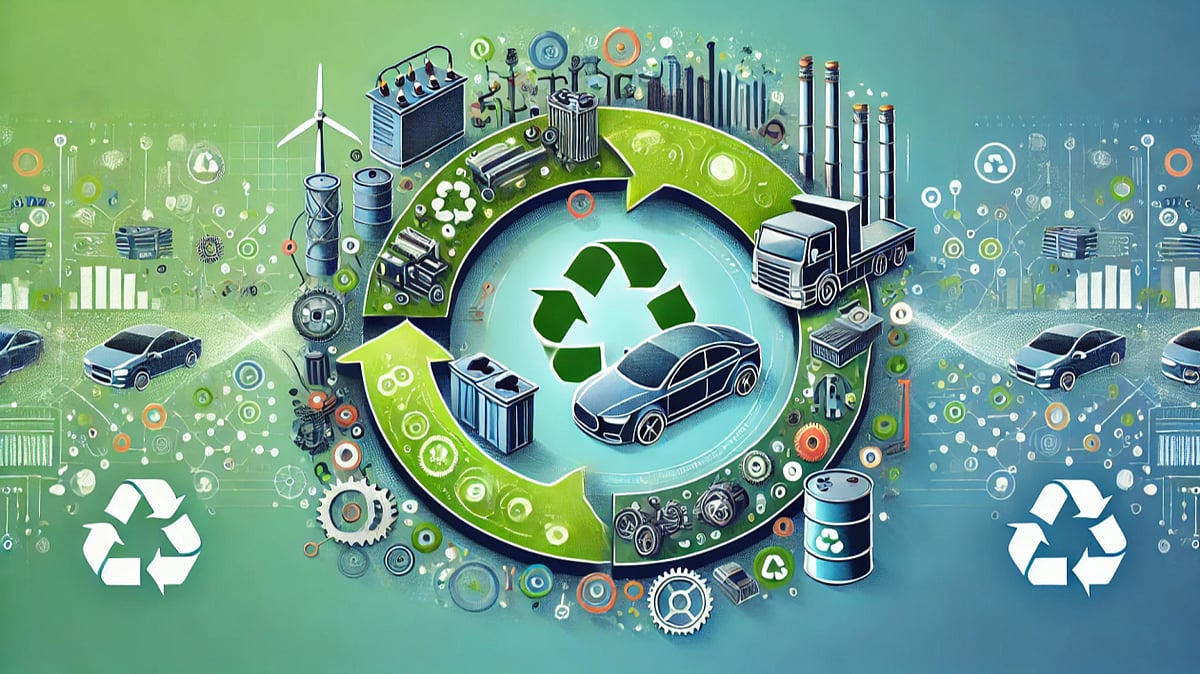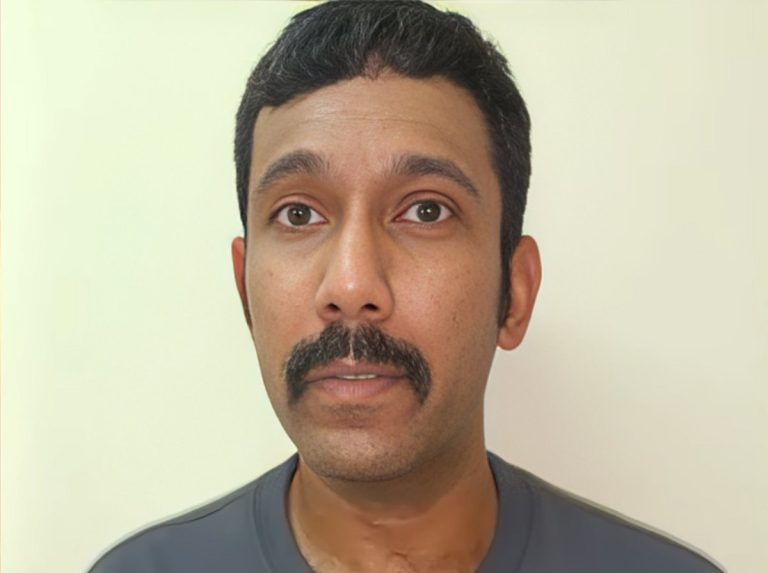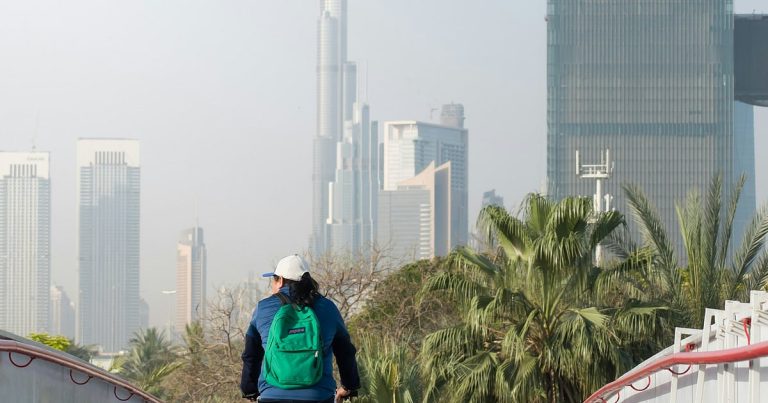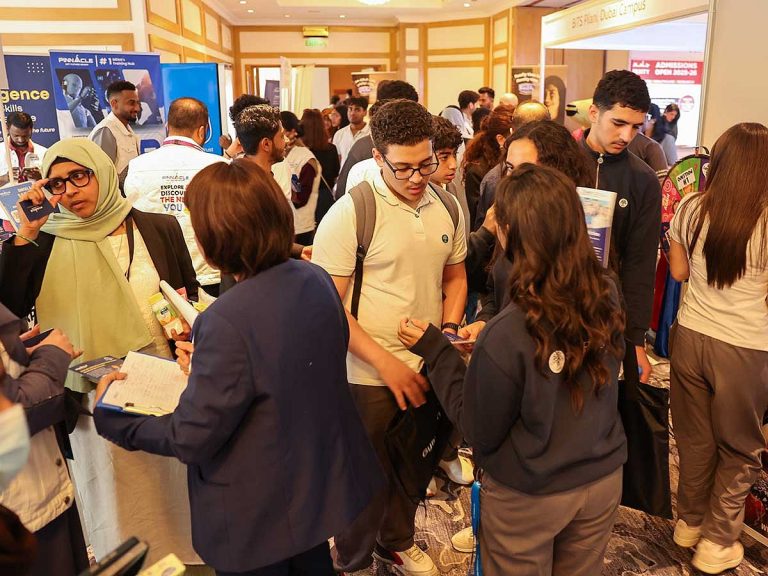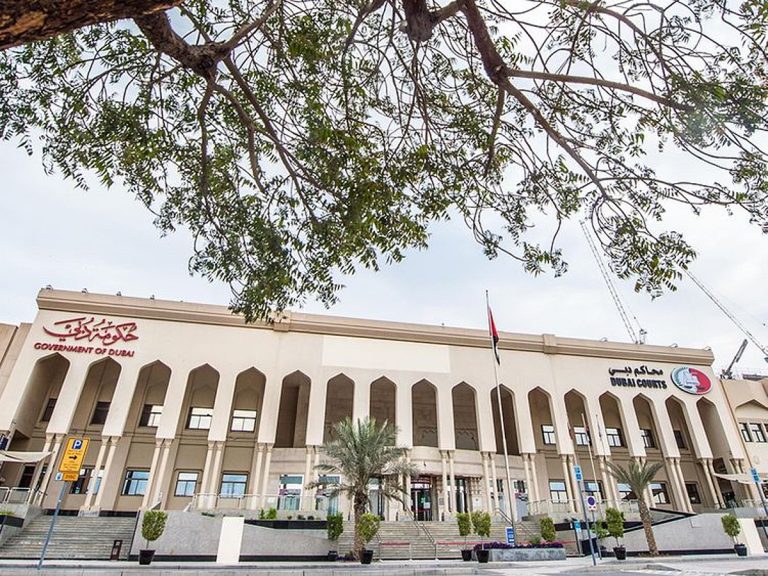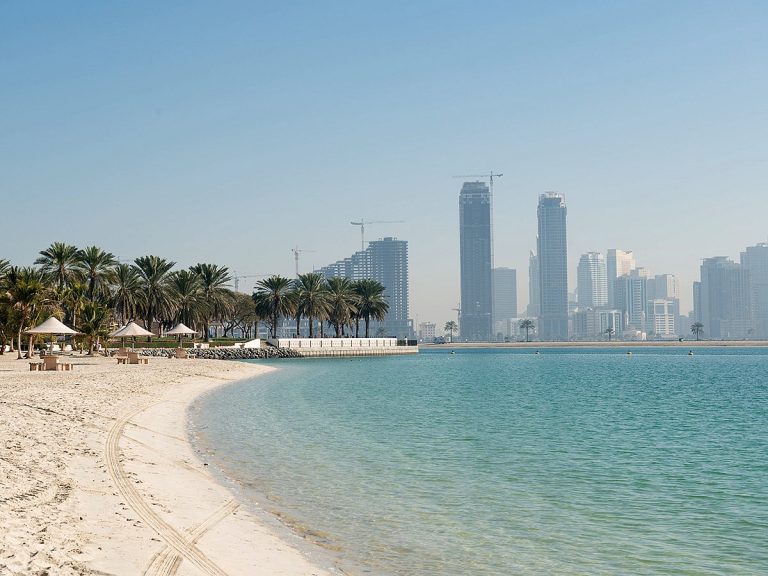AI Innovations in Abu Dhabi’s Waste Management Strategy
The Environment Agency – Abu Dhabi (EAD) is actively exploring the integration of artificial intelligence (AI) into waste management systems as part of the UAE’s broader AI strategy. A recent workshop brought together various stakeholders, including government officials, private sector representatives, and academic experts, to discuss innovative approaches to enhance waste management practices in the region.
Workshop Overview
The workshop, themed “The Role of Artificial Intelligence in Waste Management,” was designed to align with both the UAE AI Strategy 2031 and EAD’s Waste Management Strategy. It aimed to showcase how AI can revolutionize waste management by improving operational efficiency, developing advanced monitoring tools, and reducing illegal dumping incidents. Eng. Salem Al Breiki, Director of Waste Management at EAD, emphasized the importance of AI in achieving Abu Dhabi’s environmental sustainability goals.
Key Discussions and Innovations
During the event, participants engaged in presentations and panel discussions that highlighted several cutting-edge topics:
Digital Twin Technologies
These technologies simulate operations to enhance efficiency, allowing for better planning and resource allocation in waste management.
Remote Sensing and Satellite Imagery
These tools are utilized to detect illegal dumping and monitor compliance with waste management regulations, thereby improving enforcement efforts.
Smart Data Management Platforms
These platforms promote transparency and compliance by enabling real-time data sharing among stakeholders, which is crucial for effective waste management.
AI Applications for Sustainability
Discussions included how AI can support business continuity and ensure the sustainability of essential services, particularly in waste management.
Recommendations for Future Action
At the conclusion of the workshop, several recommendations were made to further improve waste management in Abu Dhabi:
– Strengthening collaboration among stakeholders to foster a unified approach. – Encouraging joint research and development initiatives to innovate solutions. – Raising public awareness about the benefits of smart waste management technologies. – Promoting innovative projects that align with sustainable waste management goals.
Partnership Announcement
In a significant development, Tadweer Group, a leader in regional waste management, announced a partnership with FAMS Technologies to create the first integrated AI-based waste management platform in the region. This platform aims to streamline waste collection operations, enhance data-driven workflows, and reduce environmental impact while strengthening recycling services. By monitoring and planning operations in accordance with sustainability strategies, the platform seeks to minimize Abu Dhabi’s environmental footprint.
FAQs
What is the purpose of the workshop organized by EAD?
The workshop aimed to explore how AI can enhance waste management systems in Abu Dhabi, aligning with the UAE’s AI strategy and EAD’s waste management goals.
How will AI improve waste management in Abu Dhabi?
AI will improve operational efficiency, enhance monitoring tools, reduce illegal dumping, and support sustainable practices in waste management.
What are the next steps following the workshop?
The next steps include strengthening stakeholder collaboration, promoting innovative projects, and raising public awareness about smart waste management solutions.
Conclusion
The integration of AI into waste management systems in Abu Dhabi represents a significant step toward achieving environmental sustainability. The collaborative efforts highlighted in the workshop are expected to lead to innovative solutions that enhance operational efficiency and reduce environmental impact. Moving forward, continued partnerships and public engagement will be essential in realizing these ambitious goals.
The use of AI in waste management is part of a larger trend observed globally, where cities are increasingly adopting technology to address environmental challenges. Many urban areas are leveraging smart technologies to optimize waste collection routes, predict waste generation patterns, and enhance recycling rates. This shift not only improves operational efficiency but also contributes to broader sustainability objectives, aligning with global initiatives aimed at reducing carbon footprints and promoting circular economies.
Abu Dhabi’s commitment to integrating AI into its waste management strategy reflects the emirate’s vision of becoming a leader in sustainable practices within the region. The UAE has made significant investments in technology and innovation, positioning itself as a hub for research and development. By fostering partnerships between government entities, private companies, and academic institutions, Abu Dhabi aims to create a robust ecosystem that supports the development of smart solutions tailored to its unique environmental challenges. This collaborative approach is essential for driving meaningful change and ensuring the long-term success of waste management initiatives.
Also Read:
Carrefour Thrives in UAE Amid Global Retail Challenges

